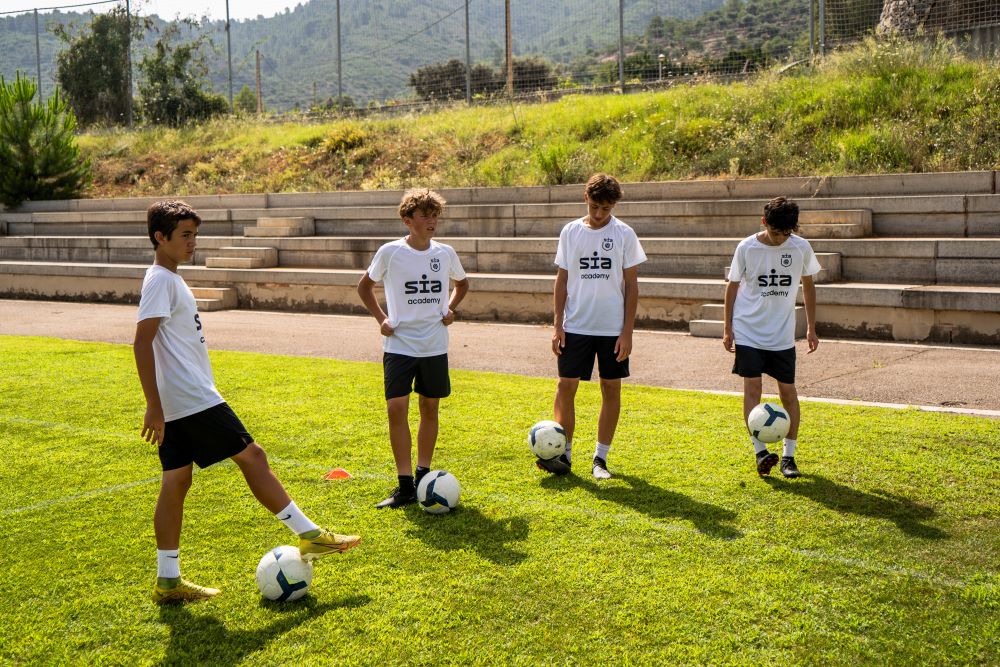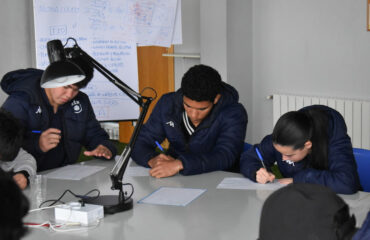Youth sport psychology is an important discipline that focuses on understanding and supporting the psychological and emotional development of young people involved in sport activities. Children and adolescents participating in sport can face unique challenges in terms of personal, social and sporting development. The application of appropriate psychological principles can have a significant impact on their well-being and performance.
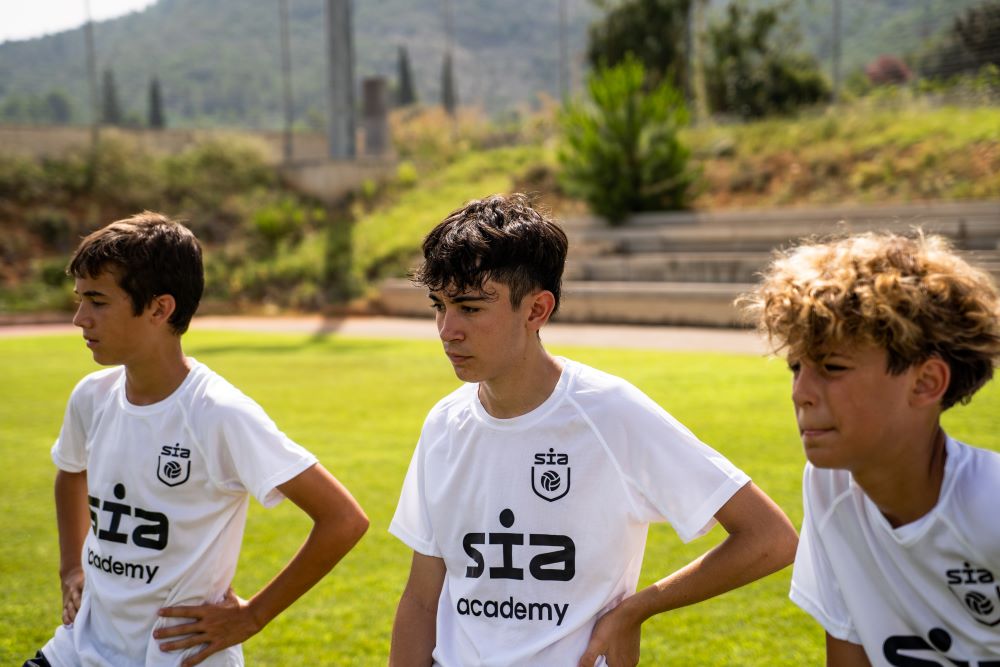
What is the focus of psychology in youth sport?
Psychology focuses on the emotional and psychological well-being of young athletes as well as their sporting development. Professionals in this area work to create a supportive environment, promote intrinsic motivation and provide tools and strategies for young people to cope with challenges and enjoy a positive and enriching sporting experience.
What are the key psychological factors in youth development?
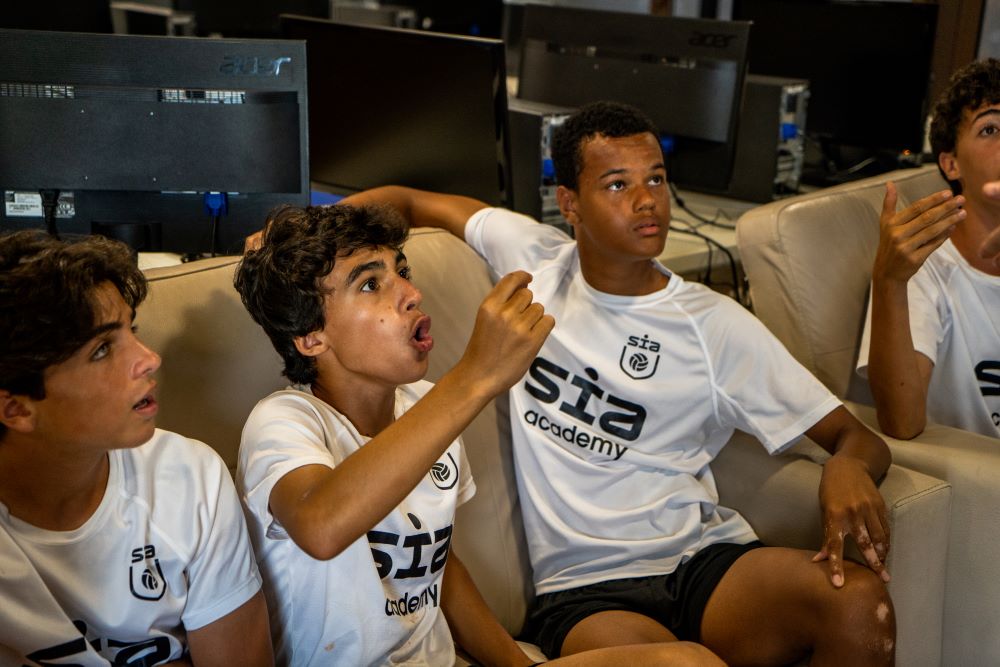
There are a number of psychological factors that are key to youth development. We will be mentioning them below.
Psychological skills development.
Young athletes can benefit from acquiring essential psychological skills, such as stress management, self-confidence, concentration and resilience. These skills can help them cope with competitive and challenging situations more effectively.
Self-concept and self-esteem.
Participation in sport can influence the formation of young people’s self-concept and self-esteem. Coaches and sports psychology professionals can help build a positive self-image by focusing on effort, improvement and progress rather than constant comparison with others.
Pressure and expectations.
Young athletes may feel pressure from coaches, parents and peers. Sport psychology can help young people manage these pressures and set realistic expectations for themselves, which can lead to greater enjoyment and long-term commitment.
Motivation and fun.
It’s essential to foster intrinsic motivation and maintain a sense of fun in youth sport. Practitioners can work to create an environment where young people are motivated by their love of the game rather than external rewards.
Communication and relationships.
Sport psychology can improve the communication skills of young athletes and help them develop positive relationships with peers, coaches and parents. Effective communication can reduce stress and promote a more enriching sporting experience.
Emotion management.
Young athletes can experience a wide range of emotions, from the elation of victory to the frustration of defeat. Sport psychology can help them understand and manage these emotions in a healthy way.
Goal setting.
Ayudar a los jóvenes a establecer metas realistas y alcanzables puede fomentar su sentido de logro y motivación. Esto puede influir en su dedicación y esfuerzo en el deporte.
Developing resilience.
Resilience is the ability to overcome challenges and adversity. Sport psychology can help young people develop this skill, enabling them to face difficult situations with a positive attitude and a growth mindset.
What are the psychological strategies for working with adolescents?
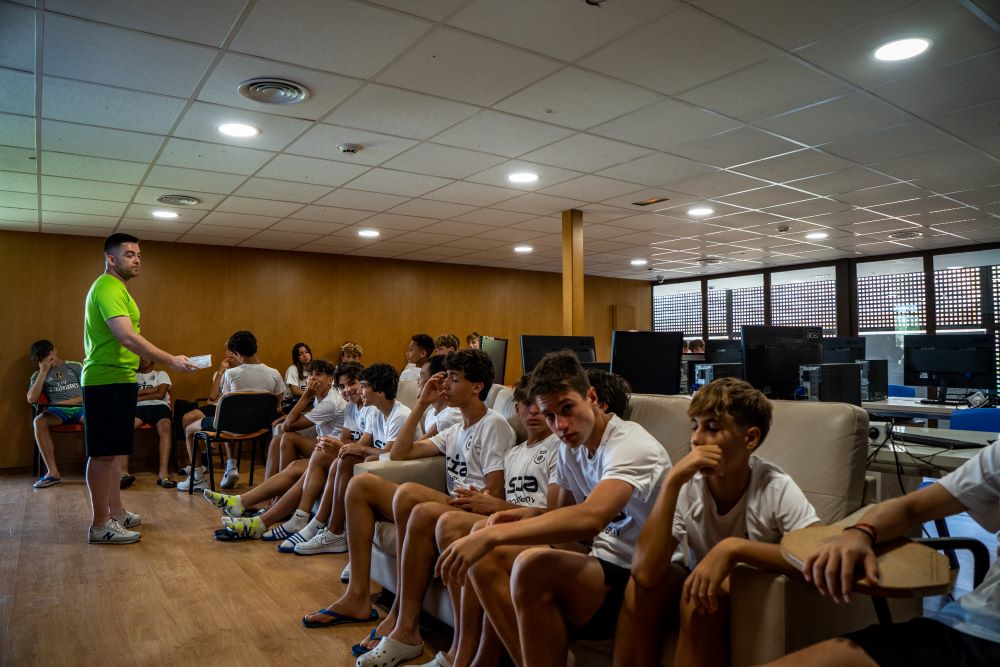
Sport psychology strategies for working with adolescents in the field of sport are fundamental to promote their integral development and optimal performance.
It is important to adapt these strategies to the individual needs of each adolescent, considering their level of development, personality and sporting goals. A multidisciplinary approach involving coaches, parents and sports psychology professionals can be very effective in providing holistic support to adolescents in their sporting and personal journey.
Here are some effective strategies:
Focus on process rather than results.
Encouraging adolescents to focus on their effort, improvement and learning rather than just the end results can reduce pressure and promote a growth mindset.
Mental training.
Introducing mental training techniques such as visualisation, relaxation and mindfulness can improve concentration, reduce anxiety and increase confidence in adolescents.
Stress and anxiety management.
Providing strategies to manage pre-competitive stress and anxiety can help adolescents maintain calm and focus during sporting events.
Effective communication.
Teaching assertive and constructive communication skills helps adolescents interact with teammates, coaches and parents in positive ways.
Encourage teamwork and cohesion.
Promoting cooperation, mutual support and team cohesion enhances adolescents’ sporting experience and can have a positive impact on their performance.
Promote enjoyment and play.
Reminding adolescents of the importance of enjoying sport and the pleasure of playing can maintain their intrinsic motivation and reduce the risk of burnout.
Positive reinforcement and constructive feedback.
Providing sincere praise and constructive feedback helps adolescents recognise their achievements and areas for improvement, which contributes to their personal growth.
Develop coping skills.
Teaching healthy coping strategies to handle pressure, stress and challenging situations can help adolescents deal effectively with competition.



